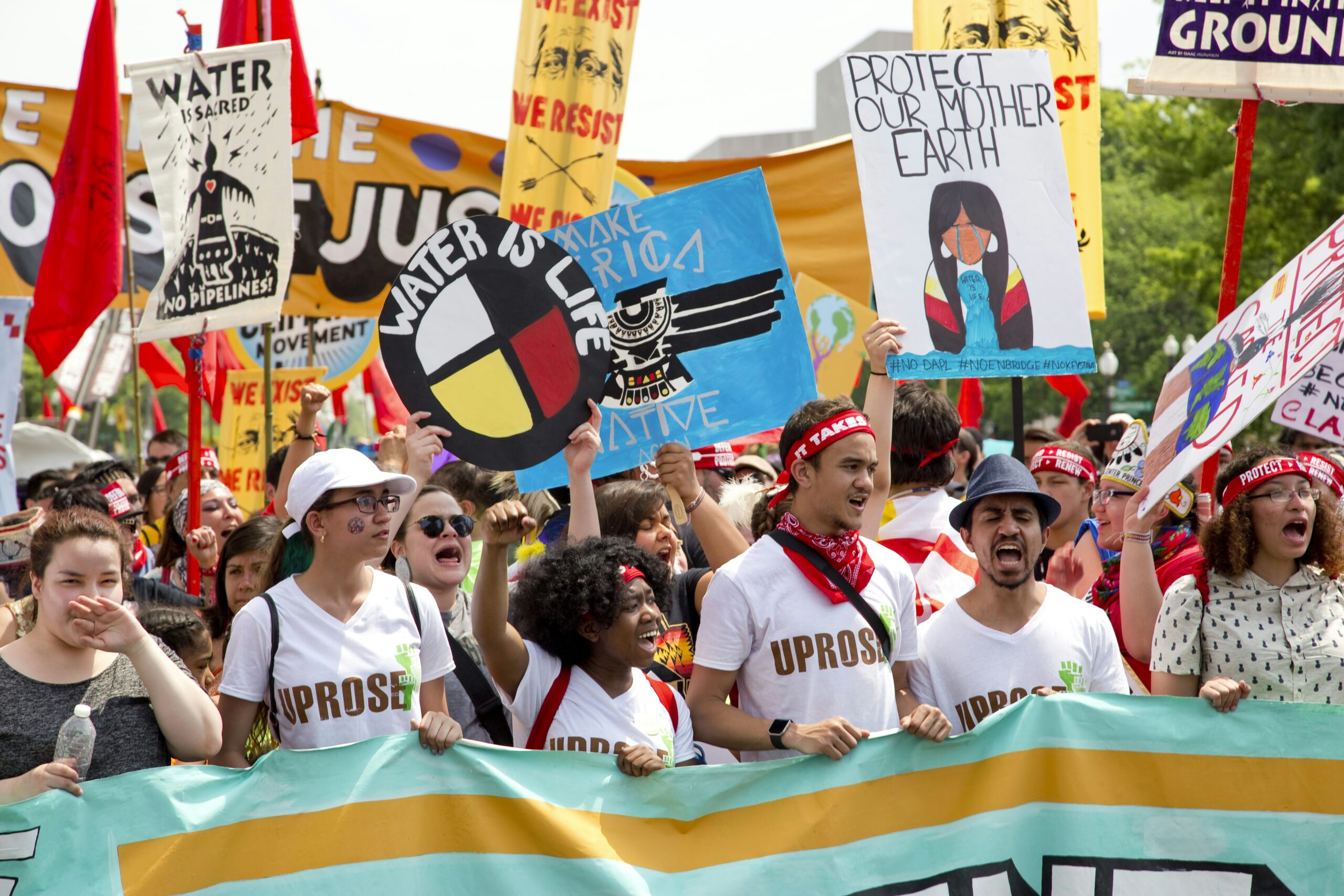
In a move that has drawn international criticism and condemnation, Peruvian President Dina Boluarte has officially signed into law a controversial amnesty bill, despite significant opposition from human rights groups and U.N. experts. The law grants immunity from prosecution to military, police, and other government-sanctioned forces for actions taken during Peru’s internal conflict from 1980 to 2000.
Key Facts
- The amnesty law was signed by President Boluarte on Wednesday during a ceremony at the presidential palace in Lima.
- It aims to protect soldiers, police officers, and members of self-defense committees from legal proceedings for human rights abuses during the specified period, with no verdicts rendered yet.
- The law also extends a “humanitarian” amnesty to convicted individuals over the age of 70.
Background
The internal conflict in Peru, which lasted from 1980 to 2000, was marked by violent clashes between government forces and left-wing rebel groups, including the Shining Path. The conflict resulted in up to 70,000 deaths, with both sides accused of committing severe human rights violations such as massacres, kidnappings, and assaults on civilians. Despite the conflict’s end, efforts have continued to hold those responsible accountable, with approximately 600 ongoing investigations and 156 convictions to date, according to the National Human Rights Coordinator.
International and Domestic Criticism
The new law has been met with stern opposition from international human rights bodies and local activists. The Inter-American Court of Human Rights, which has jurisdiction over Peru, explicitly ordered the suspension of the law’s processing on July 24, citing past rulings against sweeping amnesties for severe violations. Additionally, nine U.N. experts have described the bill’s passage as a “clear breach of Peru’s obligations under international law.” Domestically, the legislation has been criticized for potentially halting ongoing legal processes and denying justice to the survivors and families of the deceased.
Official Reactions
At the signing ceremony, President Boluarte defended the law, stating it was a historic day for Peru that brought justice and honor to those who stood against terrorism. She argued that the law was necessary to protect the nation’s defenders from being wrongly labeled as enemies, asserting that Peru was upholding its sovereignty against external interference.
Human Rights Implications
Human rights groups have documented extensive abuses by Peru’s armed forces during the conflict, including systematic rape, torture, and other forms of severe violence. Amnesty International reports that the military and police were responsible for 37% of the deaths and disappearances, 75% of torture cases, and 83% of sexual violence incidents. The enactment of this amnesty law raises significant concerns about the erosion of accountability for these actions and the broader implications for human rights in Peru.
Victims’ Perspectives
Survivors of the conflict, like Francisco Ochoa who witnessed the brutal Accomarca massacre in 1985, have expressed outrage and betrayal at the passing of the law. Ochoa’s harrowing recount of the massacre highlights the profound impact such legislation has on individuals still seeking justice for their immense losses.
Source: Al Jazeera


